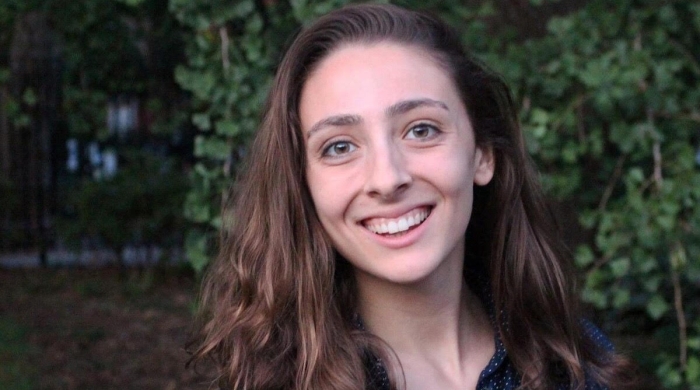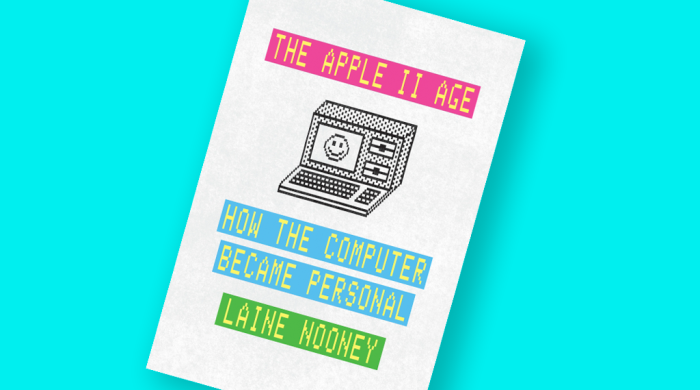'I’m trying to search for something that is in between data and humanity,' says Adelaide.
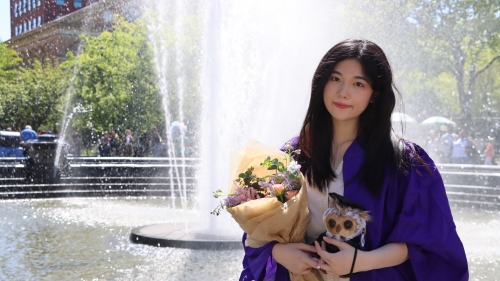
Cuiyan Han (BS '22), who goes by Adelaide, has always been deeply curious about the world around her.
She’s currently a market research analyst at Interpret, a global consumer insights agency, working with video gaming clients to determine research methods aimed at better optimizing user experience and marketing decisions. In her free time, she collaborates with Dual-X Indie Game Studio, a female-led studio with a diverse team of game developers, artists, narrative designers and more, on “redefining narratives" within the gaming world. Their debut video game, Abort, is a first-person horror game where players solve intricate puzzles to uncover a story of "forgotten voices and societal shadows.”
Adelaide, a proud graduate of the NYU Department of Media, Culture, and Communication (MCC), also has a minor in Web Programming and Applications. Following her studies at NYU, she went on to obtain a graduate degree in Communication Data Science from the University of Southern California.
Her story starts some 8,000 miles away from where Adelaide took her first undergraduate courses at NYU.
Born and raised in Shenzhen, in the south of China, Adelaide gravitated toward sociology classes in high school. She was intrigued by the media’s portrayal of women, as well as the larger ways media can shape attitudes, perceptions and ways of being. The discourse, while complicated, can be incredibly impactful. She was eager to learn more.
She was up for the challenge of attending college in The United States, and decided on NYU due to the opportunity to receive a distinctly global education. Browsing through the course catalog, she happened upon the MCC major, which offered an array of courses that aligned with her many interests.
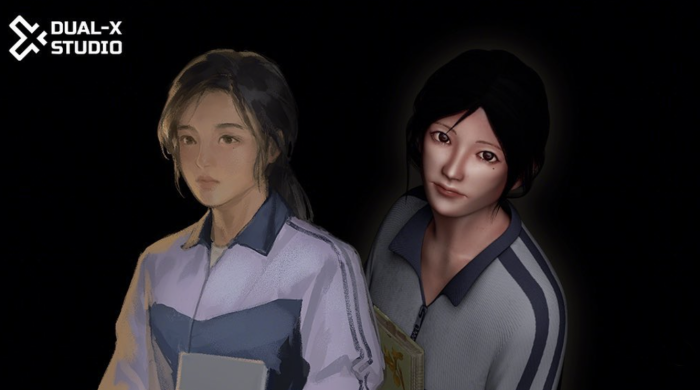
A 3-D model from the Abort video game that Adelaide co-produced.
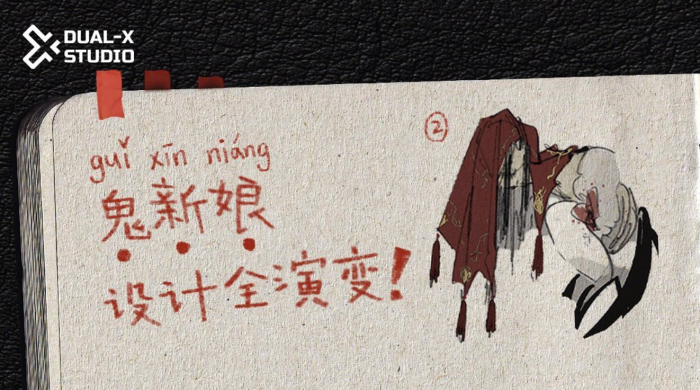
A diary page from Abort guides users to unravel hidden clues.
While at NYU, Adelaide’s academic career was deeply transformative.
Courses such as The History of Media introduced her to novel ways of thinking: like the non-linearity of history and how alternative archives and information systems influence culture and power. Adelaide was able to dig deep into her childhood passion for video gaming, and took courses on the subject, its business models, and cultural impacts. Through courses in Web applications and data science, she fused her love of learning theory with her desire to put it into practice, where she learned skills like web publishing and programming languages like Python.
A large part of Adelaide’s academic development can be tied to her work with the MCC MediaLab.
She discovered the lab while taking Professor Jamie Skye Bianco’s course, Digital Media: Theory and Practice. (Professor Bianco helms the lab.) In the course, Adelaide was exposed to different media practices and had the chance to look deeply at how media and social issues interact. For one project, she was tasked with studying how different accessibility functions are implemented. She looked up to the MCC lab assistants, student workers who worked on everything from helping students with bugs in their codes, to providing tutoring services and offering sage professional and academic advice.
“It would be really cool to be more involved in this,” Adelaide thought. She joined as an assistant herself after several rounds of interviews.
Adelaide jumped right into her duties: tutoring students and helping them learn tools like coding. She loved the community — its various events, book clubs with fellow assistants and, most importantly, the opportunity to become more involved with the MCC major. Adelaide rose to a Senior Lab assistant, furthering her leadership skills and giving her confidence in her future in media and data.
Adelaide knew she wanted to continue to expand her education through graduate studies, but initially wasn’t sure what her exact path might look like. She credits Professor Bianco with helping her reach outside her comfort zone and pursue a major in Communication Data Science at the University of Southern California. Adelaide states, “Jamie thought deeply about how big tech and media entities, like Big Data, Artificial Intelligence, and the like were actually affecting people.” This attention to power dynamics and ethics within the technology sector was a driving force in her decision to make the jump to USC.
At USC, Adelaide studied topics which complemented her studies at MCC. A serendipitous, full-circle moment occurred when a lecture at USC featured a faculty member from MCC, reminding her of MCC's prominence in the national and global media studies spaces.
As a graduate student, Adelaide discovered a group of likeminded people who would go on to help her learn and build something new. This collective, which went on to become Dual-X Indie Game Studio, is made up of fellow gamers from various diverse backgrounds, and operated with the shared ethos of making video games accessible to all.
Adelaide is able to balance the work at Dual-X Indie Game Studio with her day job at Interpret as a market analyst. She loves speaking directly to participants in the focus groups she runs, and appreciates both qualitative and quantitative information she gathers about how video games impact minority communities. Adelaide has been happily surprised, and deeply grateful, for all ways in which the conversations she has now for her work are built upon the foundations that MCC laid.
Of the biggest driver of her work, and the goal that keeps her going, Adelaide says, “I’m trying to search for something that is in between data and humanity.”
Related Articles
With 'Copy,' Alum Taylor Stout (BS '21) Cultivates Digital and IRL Communities
Taylor Stout, “literary it-girl” and co-founder of 'Copy,' credits the Media, Culture, and Communication major with instilling a desire to build spaces that cultivate community.
A Beat of Her Own: Alum Amanda Morris (BS '18) Shapes How The Media Reports on Disability
Amanda Morris, a graduate of NYU’s Media, Culture, and Communication and Journalism departments, is a reporter for The Washington Post and considered a trailblazer on the national disability beat.
How the Computer Became Personal
Media historian Laine Nooney documents the rise of the personal computer in the new book, The Apple II Age.
Related Department
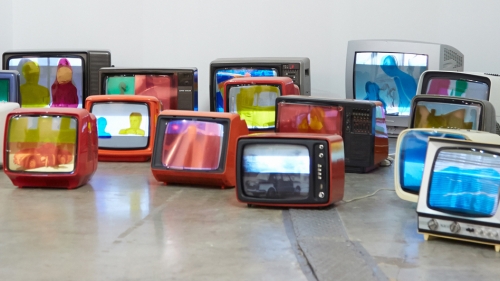
Media, Culture, and Communication
239 Greene Street, 8th floor
New York, NY 10003
212-998-5191 | contact


